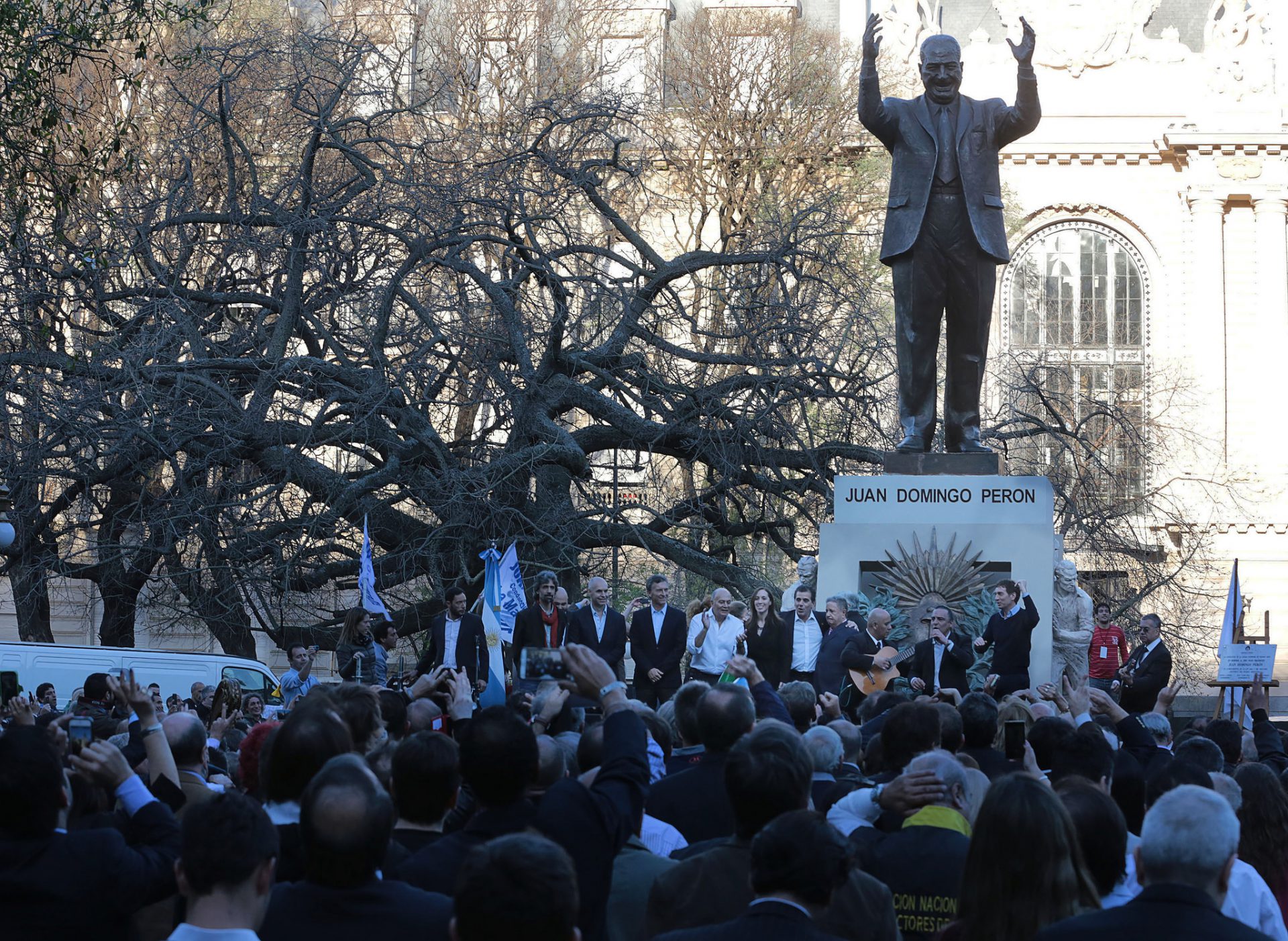Home » 2019 forecast: Argentina’s presidential elections
2019 forecast: Argentina’s presidential elections

On October 27, 2019, Argentineans will go to the polls to elect a president to govern the country for the next four years. 130 of the 257 four-year seats in the Chamber of Deputies and 24 of the 72 six-year senatorial positions are also up for grabs.
Three main candidates lead the polls. Incumbent President Mauricio Macri of the centre-right Cambiemos coalition is currently the slight favourite, polling at about 30%. Cristina Fernandez de Kirchner, the Peronist president from 2007 until 2015 and head of the Citizen’s Unity coalition, is polling slightly behind Macri with about 26%. Sergio Massa, a national congressman from Buenos Aires province and head of the Renewal Front – a centrist Peronist faction that rivals Kirchner’s – is polling around 14%.
Following the October 2017 midterms, Macri’s re-election in 2019 seemed inevitable as his Cambiemos party swept the competition. Since then, an economic crisis has wracked Argentina. The peso has lost half its value in a year and inflation reached almost 50% as of December. Poverty and unemployment rates have increased, with businesses being forced to shutter due to mounting prices and falling demand.
Opposition to Macri’s economic management, which included accepting a $50 billion bailout package from the IMF, was fierce; his approval rating fell to the low-to-mid 30% range, where it has stabilised. Kirchner maintains a strong base of support, about 25% of the electorate, but a series of political and economic scandals have undermined public trust.
The most likely outcome of the elections will be a narrow victory for Macri in the first round of elections and a second-place showing for Ms Kirchner. In the second round, Kirchner will likely pull support from other leftist candidates who lost in the first round. The two candidates will compete for supporters of Massa’s centrist Renewal Front and the 15% of voters who are currently undecided. In the unlikely event that Kirchner does not stand, expect Macri and Massa to go head-to-head in the second round of voting, where the latter would attract the former president’s Peronist base, making that scenario a toss-up as well.
Overall, support for Macri will depend on the country’s economic performance over the next few months. A $7 billion increase to the IMF’s three-year lending program, coupled with Macri’s “emergency economic measures” and an austere 2019 budget, have stabilised the economy and helped the peso gain 12% against the dollar since October. Such stability has come at the expense of deeply unpopular cuts to spending on health, education, transportation and public works. Should inflation fail to fall further or if an unexpected crisis roils emerging markets, Macri’s chances of victory will be in serious jeopardy.
Max is Foreign Brief's Chief Executive Officer. A Latin America specialist, Max is an expert in regional political and economic trends, focusing particularly on the Southern Cone.

